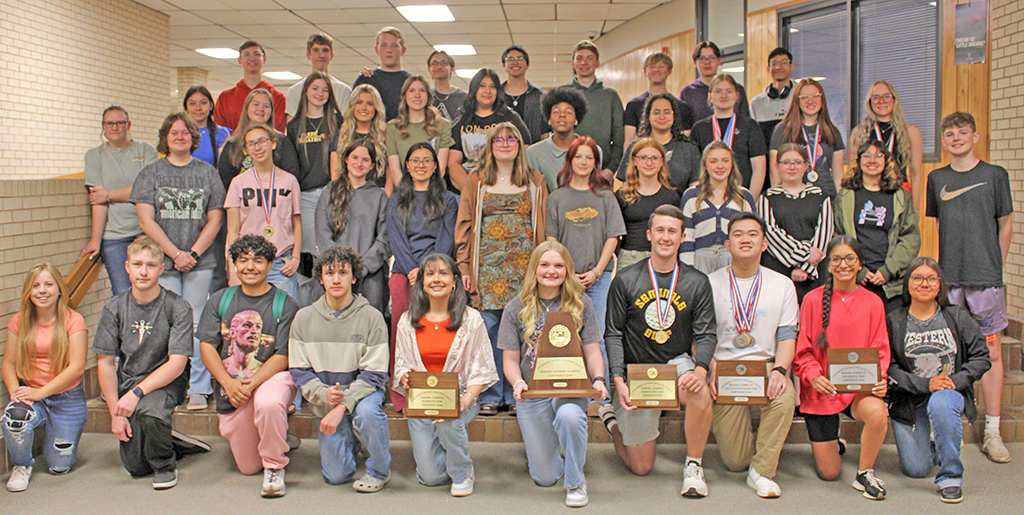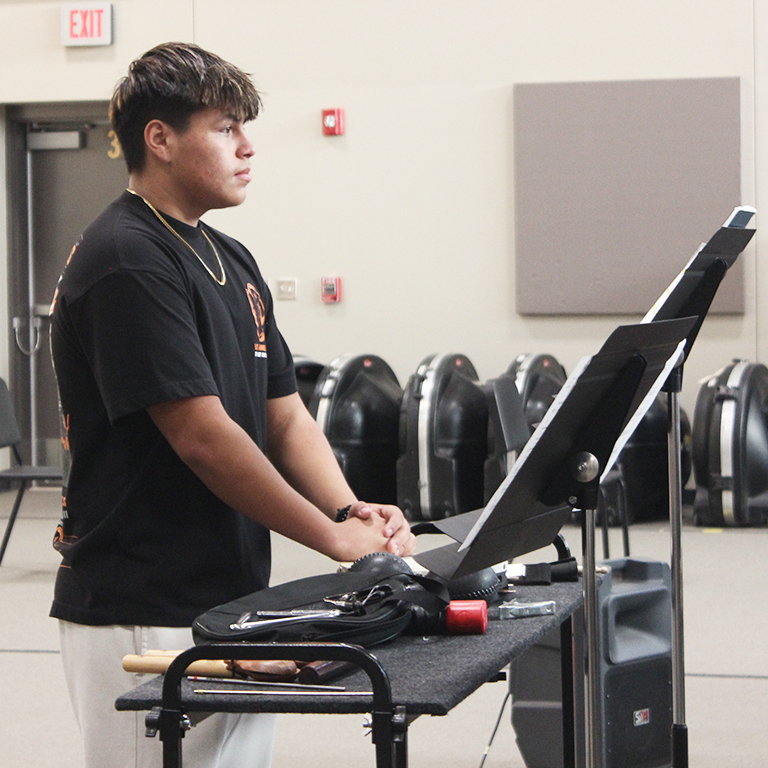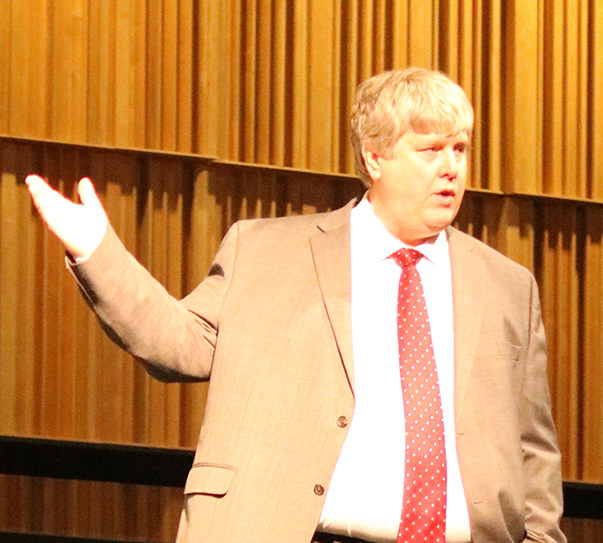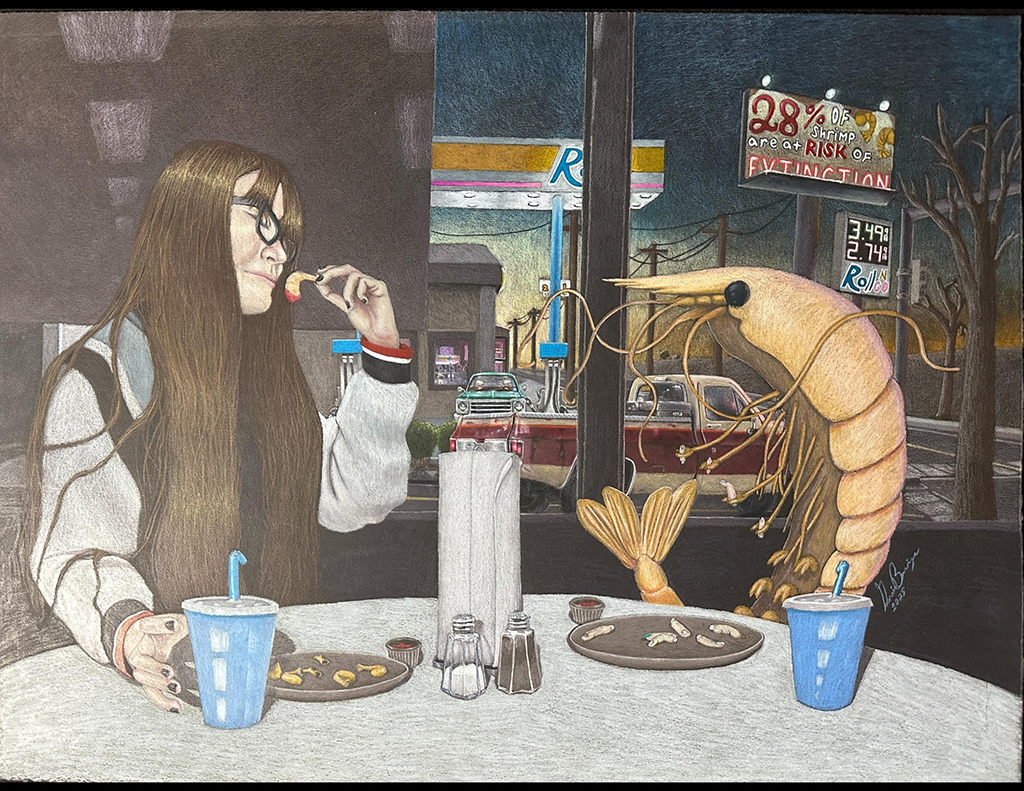OUR VIEW (staff editorial): Internet users need to be wary

artwork by Nicole Rodriguez
The Internet has the unique ability to both expand our minds and shrink our world. Suddenly, the whole world is our community and big events (and tragedies) have the potential to be shared universally, regardless of location. We have entered an age where borders matter less and humanity matters more, or so it seems.
That’s not necessarily the whole story, though. The online world offers a bigger, better hunting ground to predators. It provides opportunities for people to commit crimes, bully and exploit the innocent with more ease. It also provides a permanent platform on which youthful, personal mistakes can have more impact than ever.
Bullying is likely the most common problem teenagers face in the age of technology. In fact, 43 percent of teenagers report being regularly bullied online, and studies suggest that up to 20 percent of those bullied admit to considering suicide.
The solution to this is actually surprisingly simple: Don’t be a cyber bully. Eighty-one percent of teenage cyber bullies do it because they think it’s funny and don’t recognize the serious harm they can do. Many don’t even recognize it as legitimate bullying. Remember to be kind online.
Stranger danger is another threat online, though not to the extent some people think. A truly negligible percentage of abductions or violent offenses start from an online relationship.
That doesn’t mean a teen shouldn’t be careful, though. There are three Internet behaviors that make online sexual harassment significantly more likely: maintaining buddy lists that include strangers, discussing suggestive material online with strangers, and being rude and nasty online. In practice, though, one doesn’t have to cut off all contact with people he or she doesn’t know that well in real life; just be careful about what’s discussed and with whom. Internet offenders pretend to be teenagers in only 5 percent of cases, so the best way to avoid predators is to avoid chatting with adult strangers online, especially about anything suggestive.
It’s also important to remember to keep the most private things off the Internet completely. Don’t post anything without assuming that parents, teachers, friends and potential employers will eventually see it because more than likely they will. As teenagers become young adults and look for jobs or apply for colleges, this is especially important.
Employers are much more likely than colleges to look into social media, and while many high school-aged students won’t apply for higher quality jobs, it’s important to recognize the effect social media could have on a career. Fifty-one percent of employers who checked social media said they found content that disqualified applicants from jobs. The most common elimination posts include provocative photos, information about drinking, or discriminatory comments about race, gender or religion. Also, be careful about bad mouthing previous bosses or colleagues online because prospective employers do contact past job sites.
With a little care and consideration for others, the Internet can be an extremely useful tool. Caution and kindness in the online world have the potential to be a uniting force for humanity or at least a way to make everyday life safer.




























